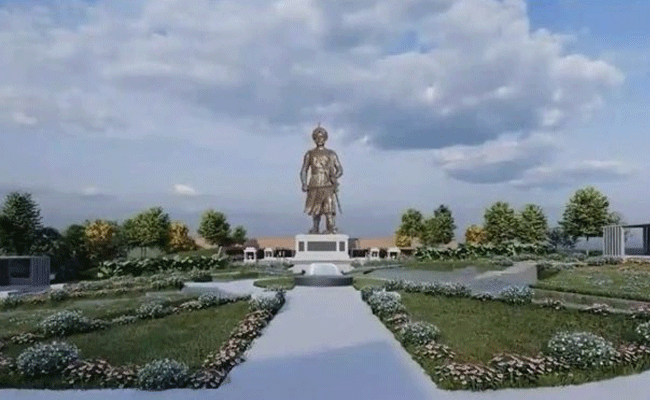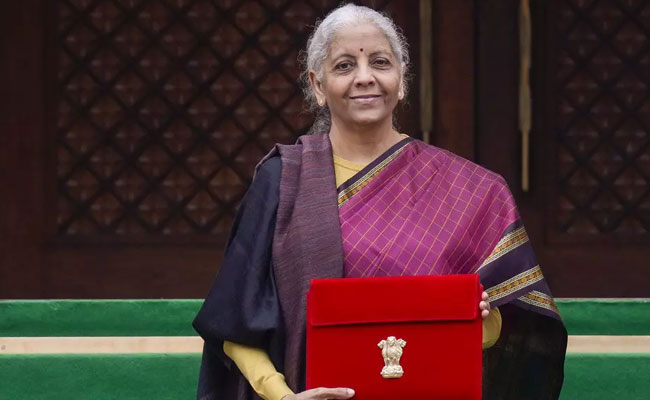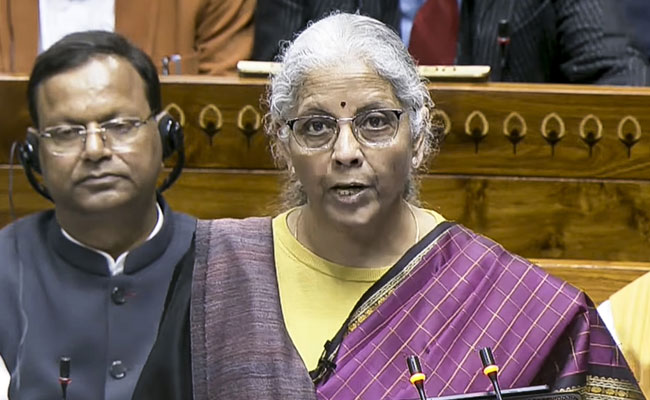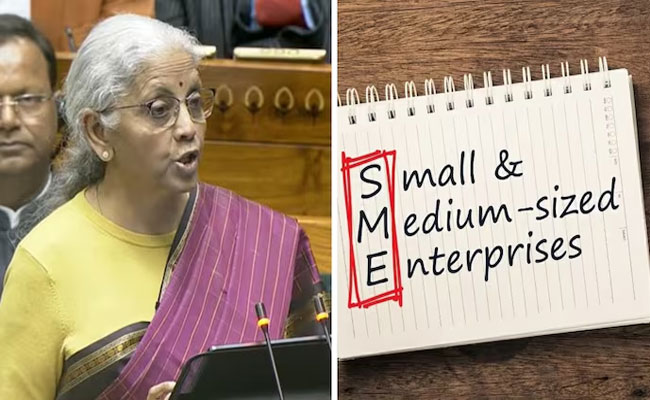A recent announcement by the BJP government in Karnataka to build a grand theme park at the premises of the Bangalore International Airport commemorating the regime of Kempegowda, a Vokkaliga feudatory of the 16th century, a figure widely believed to be the founder of Bangalore city, is one more attempt by the Bharatiya Janata Party (BJP) party to woo the elusive Vokkaliga voters who are estimated to constitute almost 14% of the state’s population.
The strategy is obvious. Though the BJP has emerged as a major contender for political power in Karnataka over the last two decades, it has been unsuccessful in procuring a simple majority in the State assembly. Even during its biggest electoral achievement, in the 2018 election, it fell short of six seats to reach the simple majority mark in the assembly with a strength of 224 seats. Its ascendency in the last two decades can be attributed to its growing social base among the Veera Shiva- Lingayats, the sangh parivar’s manipulative mobilisation of numerically larger Madiga sections of the Dalit population --especially over the sub-classification of scheduled caste reservations-- and also the anti-Muslim mobilisation of dominant and backward castes all over Karnataka , especially in the coastal belt, over the demand for a Hindu Rashtra. Even though the Rashtriya Swayamsevak Sangh (RSS) has been active in the south of Karnataka and among Vokkaligas for many decades, the BJP has not been very successful in winning over the Vokkaligas entirely. Neither the agenda of a Hindu Rashtra nor the all-out anti-Muslim agenda has fully worked.
One possible reason for the relative inability of the Hindutva appeal over Vokkaligas of the old Mysore areas could be the historical harmony between the agricultural Vokkaliga castes and Muslim traders which was also cemented by the land reforms and anti-Feudal measures initiated by the Hyder-Tippu regime in the province. The major beneficiaries of these reforms of the Tippu Sultan were the agricultural castes who were almost liberated from the enormous tax and other social burdens imposed by the Brhamin feudal lords and temples. Vokkaligas and the Dalits willingly became soldiers in the Tippu Army which gave them social status and also were imbibed them with strong anti-Bristih and anti-feudal aspirations. Thus, it was only the Tippu army which was disbanded after his heroic martyrdom in the battle field, unlike the Marathas or Rajputs.
Later, the Nalmadi Krishnaraja Wodeyar who ruled Mysore province in the early 20th century continued this heritage. He was the architect of a non-Brahmin alliance of Muslims and Vokkaligas against Brahmin domination. The Muslims and the Vokkaligs were joint beneficiaries of the reservation policies initiated by the Wodeyar in 1920s which broke Brahmin domination in the provincial administration.
Later even though the Vokkaligas became dominant castes in rural Mysore and politically powerful in the state politics after the independence , Vokkaligas had to contend with the more dominant Linagayats of the North where Muslims were their allies.
In later decades, unlike in the north where the BJP provided a non-Congress option to the dominant Lingayats, the Vokkaligas of the south sought shelter in the Janata Dal (secular) which articulated the strong Vokkaliga-Muslim alliance electorally.
Thus, even though RSS was also growing in the region, it found that using its archetypical, strong anti-Muslim rhetoric of not much use until very recently, in the region. Thus, even a few years back the BJP leaders like Yedyurappa, Jagadish Shettar, the Vokkaliga leader of the BJP Mr, Ashok could be seen adorning the replica of Tippu Sulatn’s head gear and sporting his sword while celebrating Tippu Jayanthi.
But all this changed after the second victory of Moditva in 2019, where votes were now sought not on any welfarist promises but purely on the demand/need for a Hindu Rashtra. The upwardly mobile Vokkaliga strata were slowly co-opted into basking in the pride of Hindutva. Soon, the major Vokkaliga websites were reverberating with slogans like Modi for the Country, Kumaranna (HD Kumaraswamy, son of HD Devegowda the undisputed leader of the Vokkaligas) for the state. A strong campaign against Siddaramaiah, the then chief minister from the Congress party, was unleashed using the derogative ‘appeaser’ of
Muslims who even opposed Devegowda and, by extension, the Vokkaligas. In the 2019 elections, the BJP did very well even in the Vokkaliga belt and surpassed the Congress vote share to reach 52%, in spite of the Congress-JDS alliance. All the candidates who were spewing venom against Muslims were elected with a thumping majority in Karnataka and also nationwide.
This emboldened the BJP party to overcome their defensive strategies. In the process, many Congress MLAs and the JDS from the old Mysore belt belonging to Vokkaliga and equivalent castes defected to BJP and helped the BJP to form the government in Karnataka in 2019. In 2021, Yediyurappa who had an independent following in the party far and above RSS was made to resign and Mr. Basavaraj Bommai, the obedient follower of the RSS diktats made the Chief Minister.
From that point on, the RSS and the BJP have unleashed their multiple strategies to woo the Vokkaligas and wean away the Vokkaligas from their social alliance with Muslims. They had realised this would not be possible without vilifying Tippu as anti-Vokkaliga, anti-Kannada, anti-Hindu and anti-Karnataka. Therefore, vilifying Tippu and valorising Kempe Gowda were started as complementary political projects.
Kempegowda , who is called Nadaprabhu --the king of the land- with reverence was a chieftain and a vassal of the Vijayanagar Empire during the early 16th century. The birth of Bangalore city is attributed to his visionary planning. More than Bangalore, for historical reasons and the geography of the area, nearby settlements like Yelahanak and Magadi developed more after his death. It was during the time of Hyder Ali and Tippu Sultan that the Bangalore became a commercial and a proto industrial centre apart from becoming a cantonment city. Tippu also developed Lalbhag as a world famous horticultural destination.
Thus, just as the historical harmony of the Vokkaligas and the Muslims is intertwined in the region, the contributions of both Tippu and Kempegowda are also inseparable to understand the history of Bangalore. Again, for the historical reasons, Tippi and Hyder because of their heroic war against British colonisers, contributed to making Bangalore city internationally famous, even among the American and French revolutionaries.
Thus in 2003, it was widely suggested that the Bangalore International Airport should be named after Tippu Sultan since it is located near his birth place, Devanahalli; also because it was Tipu that made Banaglore and Mysore province world famous. But even then, it was the growing influence of the BJP and RSS which had vehemently opposed the naming airport as Tippu before the compromise Bangalore Airport will not have any epithets and will be simply called Bangalore International Airport.
However, a time passed, the Bangalore Airport was re-named as Kempegowda International Airport in 2018 by the then Congress government, in its typical and strategic surrender to Hindutva pressure. This was, of course, predictably, celebrated as the victory by the BJP; the party claiming its stake in bringing honour to the Vokkaliga king. In continuation of these decade long moves, the BJP government is npw planning a theme park around Kempegowda’ rule and a 108 feet tall statue of Kempegowda in the qirport premises. This would then be meticulously used during the election campaign to demonstrate how the BJP made a Vokkaliga king the symbol of world pride.
On the other hand, the vilifying of Tipu and erasing his memory from history has also been systematically unleashed. The new text book of BJP government has either erased his contributions or retained the vilified version of him as a bigot. Recently, the historical express train running between Mysore and Bangalore which was named Tipu express decades back has been renamed as Wodeyar express at the instance of the local BJP member of parliament, (MP) Pratapa Simha.
No matter whether these actions benefit the BJP electorally, the hegemonizing of public discourse in furthering Hindutva will definitely happen. The victory of majoritarian Hindutva forces in reconstructing the history is a direct outcome of the relative political and ideological defeat of secular forces in the present.
History always reflects the partial version of the victor.
courtesy: sabrangindia.in
Let the Truth be known. If you read VB and like VB, please be a VB Supporter and Help us deliver the Truth to one and all.
Mumbai (PTI): Stock market benchmark indices Sensex and Nifty tumbled on Sunday afternoon trade after the Budget proposed to raise Securities Transaction Tax to 0.05 per cent on commodity futures from 0.02 per cent.
The government will tax buyback proceeds for all types of shareholders as capital gains, Finance Minister Nirmala Sitharaman said on Sunday.
After fluctuating in early trade, the 30-share BSE Sensex later bounced back but pared all gains amid the Budget presentation.
It later plunged 2,370.36 points, or 2.88 per cent, to slip below the 80,000-mark to 79,899.42 during the afternoon trade. The 50-share NSE Nifty tanked 748.9 points, or 2.95 per cent, to 24,571.75.
From the 30 Sensex firms, Bharat Electronics tanked 6.50 per cent. State Bank of India, HCL Tech, Tata Steel, Asian Paints, and Eternal were also among the laggards.
Sun Pharma, Sun Pharma, Kotak Mahindra Bank, and Tata Consultancy Services were the gainers.
"The increase in Securities Transaction Tax (STT), especially in futures and options, is likely to act as a marginal negative for foreign portfolio investor (FPI) flows in the near term, particularly for high-frequency and derivative-focused global funds," Aakash Shah, Technical Research Analyst at Choice Equity Broking, said.
Foreign institutional investors bought equities worth Rs 2,251.37 crore on Friday, according to exchange data.
Asian markets are closed on Sunday due to holidays. US markets ended lower on Friday.
On Friday, the Sensex declined 296.59 points, or 0.36 per cent, to settle at 82,269.78. The Nifty dropped 98.25 points, or 0.39 per cent, to end at 25,320.65.





